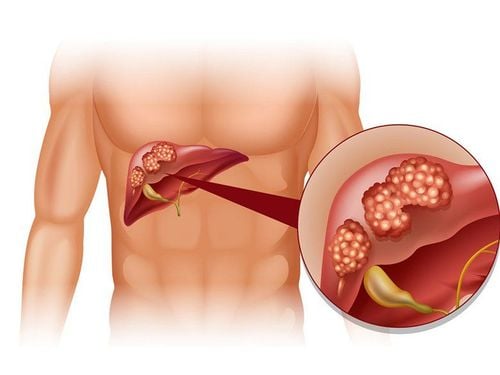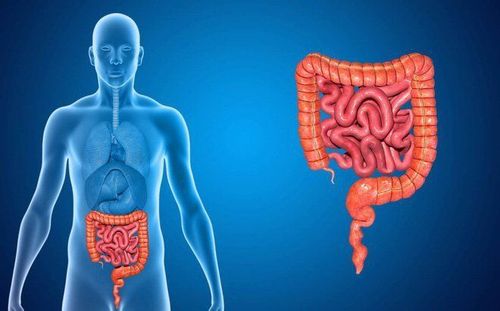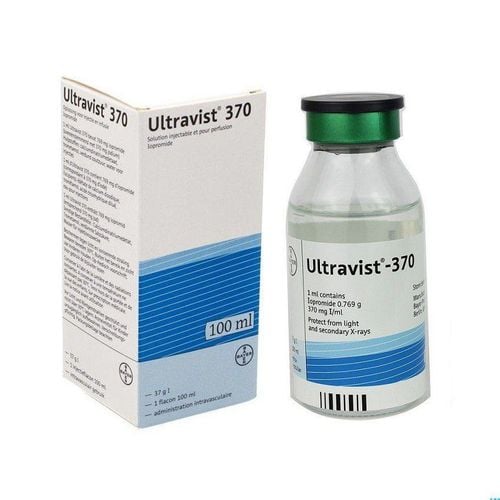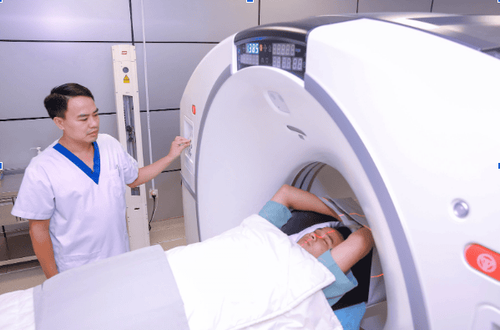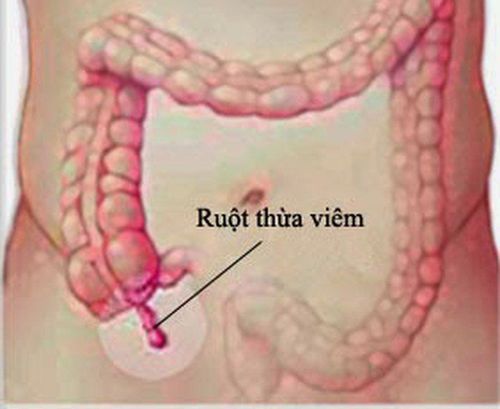This is an automatically translated article.
Posted by Specialist Doctor I Nguyen Thi Mai - Doctor of Radiology - Department of Diagnostic Imaging - Vinmec Phu Quoc International General Hospital
Contrast-abdominal ultrasound (CEUS) is a combination of abdominal and pelvic ultrasound with a special type of intravenous contrast agent to improve imaging of blood vessels and organs. This ultrasound technique helps the doctor see abnormalities in organs or blood vessels. The same contrast agent has been used to better evaluate the heart for many years.
1. What is an abdominal ultrasound with contrast?
Ultrasound is a non-invasive imaging method that helps doctors diagnose, identify, and treat various diseases. Accordingly, contrast-enhanced intra-abdominal ultrasound (CEUS) is a combination of abdominal and/or pelvic ultrasound with a special type of intravenous contrast agent to improve imaging of blood vessels and muscles. mandarin. This technique helps the sonographer see abnormalities in organs or blood vessels. The same contrast agent has been used to better evaluate the heart for many years.
In contrast-enhanced abdominal ultrasound, a small amount of contrast agent made up of small gas-filled pellets is injected through an intravenous (IV) line into the body before the ultrasound. These tiny particles travel through the bloodstream to the organs. The microparticles improve the images of our organs and blood vessels just like other forms of intravenous contrast used in CT and MRI scans.
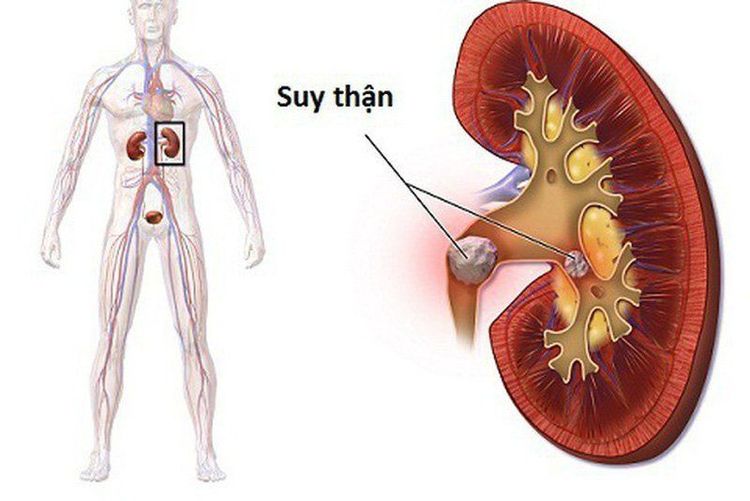
In abdominal ultrasound, contrast is useful in patients who may have renal failure, because the microparticles can be used safely in all patients including those with severe disease. severe kidney disease or patients on dialysis. In addition, contrast-enhanced microbubble contrast agents are also safe to use in patients with a history of allergy to other contrast agents such as those used in CT and MRI. During an abdominal ultrasound with contrast material will allow the sonographer to examine multiple lesions or organs at once if necessary.
2. What is an abdominal ultrasound with contrast used to evaluate?
Abdominal ultrasound with contrast is used to evaluate intra-abdominal organs such as: liver, kidney, spleen, pancreas, intestines, bladder, and blood vessels of the abdomen. Specifically, this method is used to diagnose many abdominal/pelvic pathologies, such as:
Liver damage detected during routine ultrasound Abnormal blood flow in the liver. Cirrhosis of the liver Kidney damage Abdominal injury Injury of the spleen
3. Contrast-enhanced ultrasound (CEUS) is contraindicated in which cases?

Contrast-enhanced ultrasound (CEUS) is contraindicated in the following cases:
Patients with reduced respiratory function syndrome elderly people with a history of myocardial infarction Having right-left cardiac catheterization Tachycardia Heart failure Symptomatic pulmonary arterial hypertension Uncontrolled hypertension Temporary contraindication to contrast-enhanced ultrasound (CEUS) in pregnant women, women taking breastfeeding and children.
4.Benefits and risks of performing an abdominal ultrasound with contrast
4.1. Benefits of Performing Abdominal Ultrasound with Contrast Ultrasound can sometimes be uncomfortable, but rarely causes pain, Ultrasound is widely available, easy to use, and less expensive than other methods other diagnostic imaging. Ultrasound imaging is safe and does not use any radiation. Ultrasound scans give clear images of many organs that do not show up well on regular X-rays. Contrast-enhanced ultrasound of the abdomen may eliminate the need for other tests such as CT and/or MRI. This can be especially helpful for patients with claustrophobia or difficulty lying still.
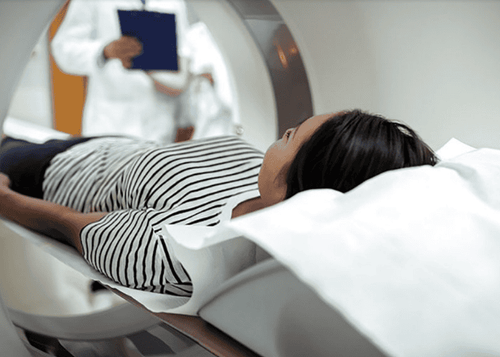
4.2. Risks of performing an abdominal ultrasound with contrast Contrast agents used during CEUS in the abdomen generally carry a very small risk of allergic reactions. This low risk is similar to the risk of allergy to many antibiotics and is lower than the risk of an allergic reaction to the contrast material used in CT and MRI scans.
5. What are the limitations of contrast-enhanced abdominal ultrasound?
Ultrasound waves are disrupted by air, so ultrasound may be limited in seeing the bowel if it is bloated. In addition, ultrasound images of the inside of the lungs may not be as clear for the same reason.
Patients who are large or obese will find it difficult to image clearly with ultrasound because the larger amount of tissue will weaken the sound waves as they pass through the body.
Normally, only one area of the body can be examined at a time, and only a few areas can be examined in one injection. Therefore, CEUS is not always appropriate to consider multiple agencies at once.
Depending on the signs as well as the disease condition, the doctor may appoint the patient to perform an abdominal ultrasound with contrast.
Currently, to serve the needs of medical examination and treatment, Vinmec International General Hospital has fully equipped with an international standard ultrasound machine system. Accordingly, the ultrasound process is carefully performed by experienced, highly qualified, well-trained sonographers and radiologists both at home and abroad who can provide detailed images. detailed, clear, detects very small anomalies. Early detection of disease and signs of disease will greatly help the treatment process later.
Please dial HOTLINE for more information or register for an appointment HERE. Download MyVinmec app to make appointments faster and to manage your bookings easily.





